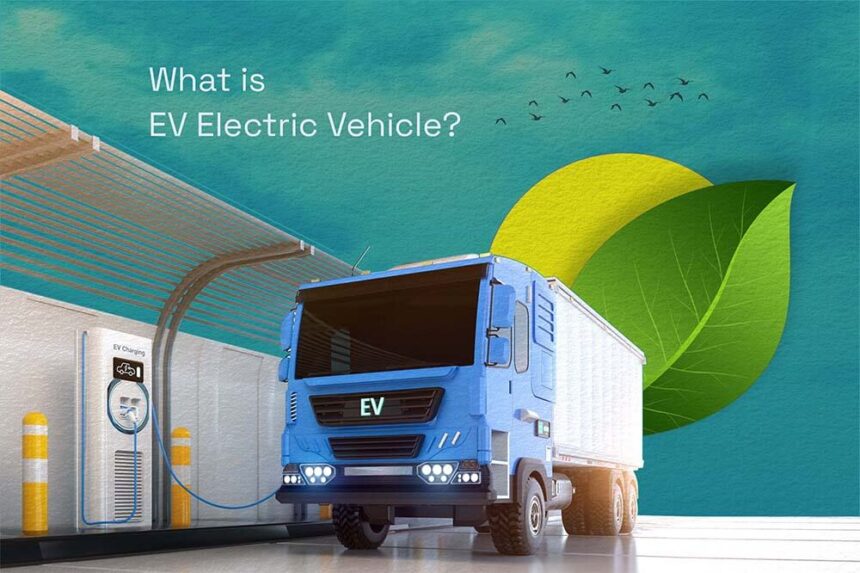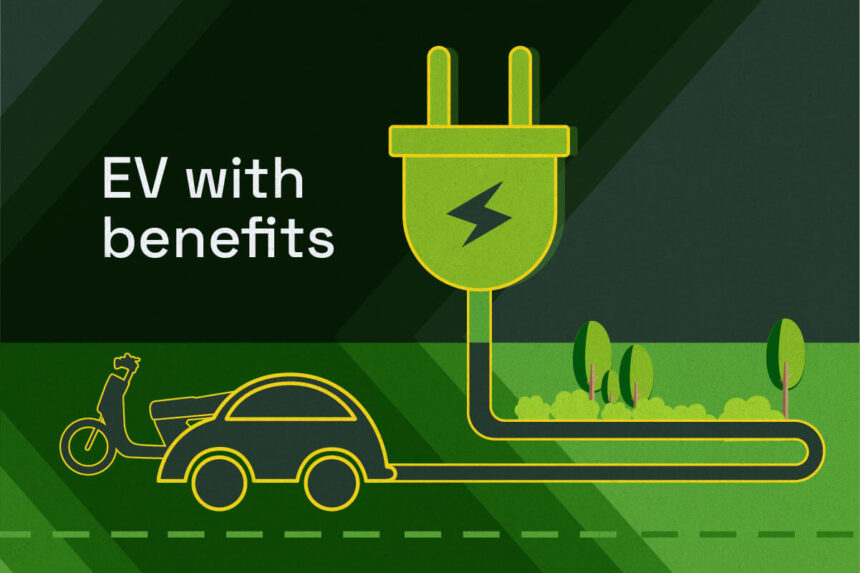Electric cars (EVs) have become a vital component of the solution as the globe struggles with the pressing need to address climate change and reduce greenhouse gas emissions. EVs are an environmentally friendly alternative to conventional internal combustion engine vehicles because they emit no tailpipe emissions. This article explores the tremendous role EVs play in lowering emissions and promoting a sustainable future but how precisely do EVs contribute to emission reduction and what is their wider impact on our environment and society?
Conventional Vehicles Effect on the Environment.
Conventional cars with diesel or gasoline engines contribute significantly to greenhouse gas emissions and air pollution. Fossil fuel combustion results in the atmospheric release of harmful pollutants such as particulate matter (PM) nitrogen oxides (NOx) and carbon dioxide (CO2). These emissions play a significant role in smog respiratory illnesses and global warming. The way that electric cars cut emissions.
No emissions from the tailpipe: CO2 NOx and PM are removed from the surrounding air by EVs since they have no tailpipe emissions. This directly lowers urban air pollution enhancing both public health and air quality.
Integration of renewable energy: When powered by renewable energy sources such as solar wind or hydroelectric power EVs can be almost entirely emission-free. Achieving a sustainable energy ecosystem depends critically on the cooperation of EVs and renewable energy sources.
Energy conversion and efficiency: Internal combustion engines are not as efficient as electric motors. Compared to cars that use gasoline which only stores 12–30% of its energy electric vehicles (EVs) use over 77 percent of the electrical energy from the grid to power their wheels. Because of its efficiency more energy is used effectively and less is wasted.
Diminished Life Cycle Emissions: The total lifecycle emissions of electric vehicles (EVs) are substantially lower than those of conventional vehicles despite the fact that emissions are produced during the battery manufacturing process. These emissions will continue to decline with advancements in battery technology and more effective recycling techniques.
Significant effects on the environment and society.
Diminution of Greenhouse Gas Emissions: One of the main causes of greenhouse gas emissions is transportation. We can drastically lower our carbon footprint by switching to electric vehicles (EVs) from fossil fuel-powered ones. Achieving global climate targets like those delineated in the Paris Agreement requires this reduction.
Economic Benefits and Energy Security: EVs improve energy security by lowering reliance on imported oil. Additionally they open up business opportunities for the maintenance recycling and manufacturing industries. Putting money into EV infrastructure—like charging stations—helps to boost employment and economic expansion.
Technological Advancements: Innovation in grid management energy storage and battery technology is fueled by the popularity of electric vehicles. These developments have far-reaching effects such as enhanced integration of renewable energy sources and general energy efficiency.
Public Health Improvements: Better outcomes for public health result from lower air pollution caused by fewer tailpipe emissions. Reducing asthma bronchitis and other respiratory ailments is the outcome of lower pollution levels like NOx and PM which also improves quality of life and lowers healthcare costs.
Obstacles and the Way Ahead.
Even though EVs have many advantages widespread adoption of these vehicles faces obstacles. The initial high cost of EVs the dearth of infrastructure for charging them and the effects of battery production on the environment are a few. Nonetheless these issues are being addressed by ongoing technological advancements economies of scale and supportive legislation. To expedite the shift to electric vehicles companies consumers and governments all have a part to play. The adoption of EVs can be aided by incentives like tax breaks grants and investments in infrastructure for charging. At the same time raising awareness about the environmental and economic benefits of EVs can drive consumer demand.
Conclusion.
We can combat climate change by using electric vehicles as a revolutionary solution. By reducing emissions improving air quality and promoting energy independence EVs are paving the way for a sustainable future. Electric vehicles will play a bigger and bigger part in cutting emissions as long as technology keeps developing and adoption rises. Switching to electric vehicles is not only necessary for the environment but its also a vital step toward creating a world that is healthier and more sustainable for coming generations.






